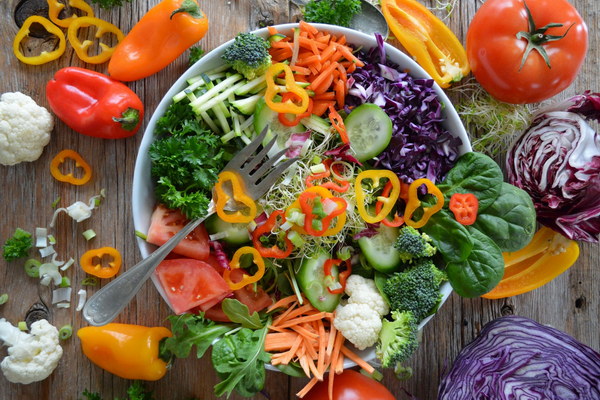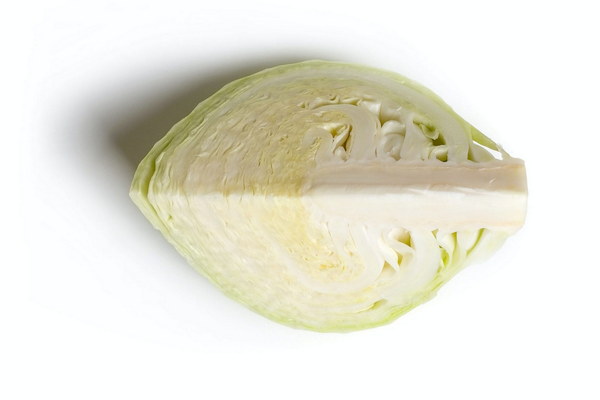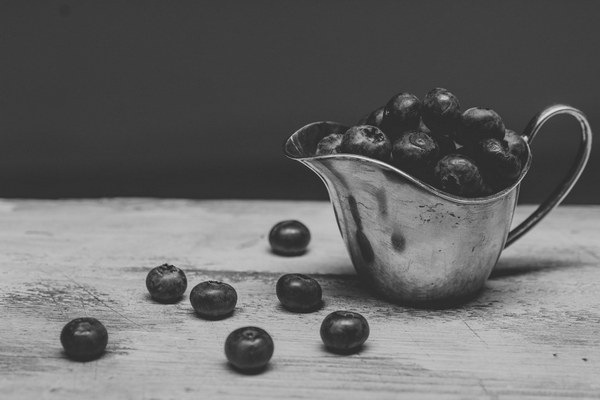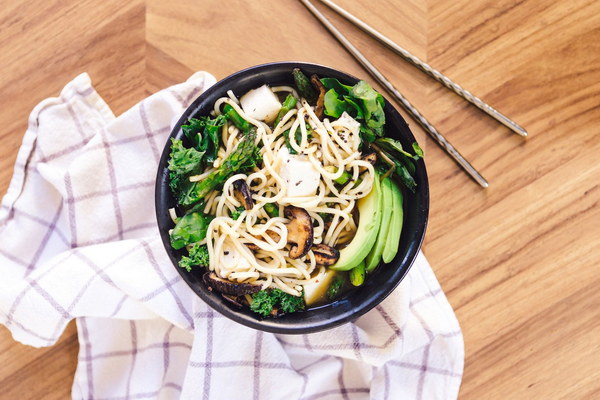Why It's a No-Go to Take Renal Tonics with Baijiu A Comprehensive Insight
In the realm of traditional Chinese medicine, renal tonics are often prescribed to boost one's overall health, particularly in terms of strengthening the kidneys. However, when it comes to pairing these tonics with a popular Chinese drink, baijiu, a significant discrepancy arises. Why can't one consume renal tonics along with baijiu? Let's delve into the reasons behind this peculiar rule.

Baijiu, a potent spirit made from fermented sorghum, is a staple in Chinese culture and social gatherings. Its alcohol content ranges from 40% to 60%, making it a potent beverage. On the other hand, renal tonics are herbal formulas designed to nourish the kidneys and promote overall well-being. The combination of these two seems like a perfect match for those seeking to enhance their health. However, there are compelling reasons why consuming renal tonics with baijiu is not advisable.
Firstly, alcohol and renal tonics have contrasting properties. While baijiu is a hot and toxic substance, renal tonics are typically cold and nourishing. The body's natural response to alcohol is to generate heat, whereas renal tonics aim to cool down the body and nourish the kidneys. When consumed together, these conflicting properties can lead to an imbalance in the body, potentially causing harm instead of benefiting one's health.
Secondly, the high alcohol content in baijiu can exacerbate the side effects of certain herbal ingredients found in renal tonics. For instance, certain tonics may contain herbs like Cordyceps sinensis and Astragalus membranaceus, which are known for their cooling and nourishing properties. However, alcohol can amplify the cooling effect of these herbs, leading to symptoms such as dizziness, cold hands, and feet, or even internal bleeding in severe cases.
Moreover, the digestive system can also suffer when renal tonics are consumed with baijiu. The digestive process requires energy, and alcohol is a known digestive irritant. This means that the body's digestive system may become overwhelmed, leading to poor absorption of the herbal ingredients in the renal tonic. As a result, the intended benefits of the tonic may not be realized.
It is also important to consider the quality and purity of the renal tonics. Some tonics on the market may contain impurities or additives that can be harmful when consumed with alcohol. The combination of alcohol and these impurities can increase the risk of adverse reactions, such as liver damage or kidney dysfunction.
In conclusion, while the idea of combining renal tonics with baijiu may seem appealing, it is not a recommended practice. The conflicting properties of alcohol and herbal tonics can lead to an imbalance in the body, exacerbate side effects, and hinder the digestive process. For those seeking to enhance their health through renal tonics, it is best to avoid consuming alcohol during this time. By doing so, one can maximize the benefits of the tonic and promote overall well-being.









